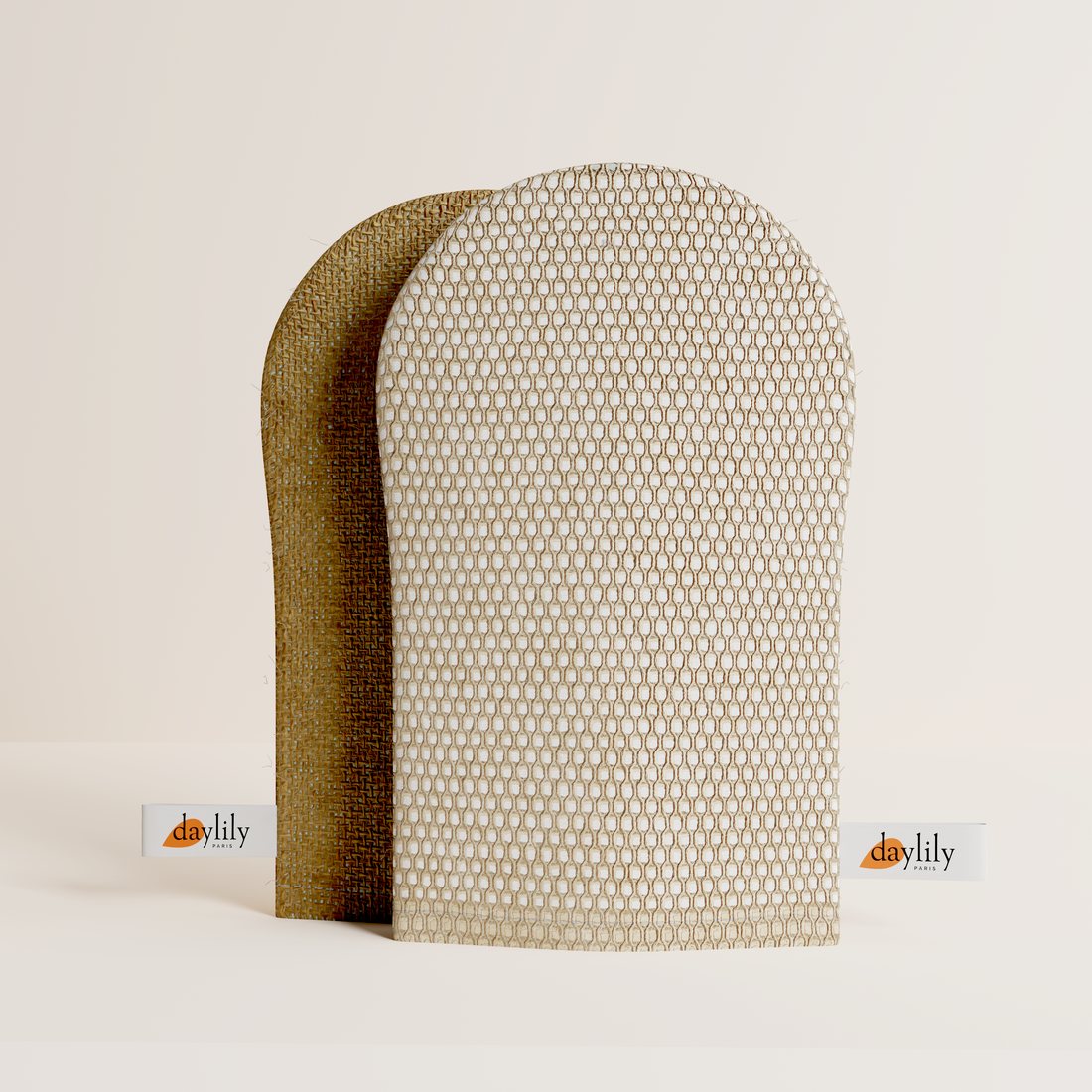Where does insomnia come from during pregnancy?
There are several reasons that can explain insomnia in pregnant women, and they differ depending on whether you are in the first trimester or at the end of pregnancy.
You impatiently wait for the first echo to be sure that everything goes well and announce the happy event to your loved ones, you start to think about all the expenses linked to the child's arrival: childcare items such as strollers, but also about all the big changes that the baby 's arrival will involve: perhaps a move, a change of car...
As the big day approaches, it is more the worries related to childbirth that take over, even more so if it is your first baby.
Have you noticed how your baby tends to get restless in the evening? From the 6th month of pregnancy, many mothers-to-be have difficulty getting to sleep because this little fetus has decided to have nighttime parties and let you enjoy them!
Let's not forget the frequent urge to urinate, which pulls you from the arms of Morpheus several times a night. And yes baby is growing and the pressure is increasing on your uterus and your bladder!
Added to this are hormonal changes that work against you: the very high secretion of estrogen and progesterone during pregnancy can impact wake and sleep cycles.

And then sometimes, insomnia arises for no apparent reason: you're just awake and you don't understand why you can't get back to sleep. It is rumored that this type of insomnia could be a way of preparing your body for post-partum, and the often broken nights that result!
How to sleep better while pregnant?
Taking a nap during the day is always a good idea if you can. However, avoid doing it too late in the afternoon so that it does not impact your sleep in the evening.

Also avoid drinking tea or coffee after 4 p.m. – pregnancy and caffeine do not go well together anyway – and of course we avoid drinking 1L of water before going to sleep so as not to make multiple trips to the toilet ;-)
For dinner, opt for a light meal, easy to digest: no sugars, fats, fried foods which risk giving your stomach a hard time. If you are prone to acid reflux, wait a little before going to bed: by remaining seated or standing, you will facilitate the work of digestion. And if gastric reflux continues once you lie down, you can slide several pillows or cushions under your head and shoulders to elevate them and maintain an angle that will limit these annoying rises.
Please note, during pregnancy, it is not recommended to take medication to help you get back to sleep. Even those that are herbal and available without a prescription may be contraindicated in pregnant women (1). If these insomnia problems persist and affect your daily life, consider discussing them with your midwife and your gynecologist who will be able to advise you on 100% safe solutions for your health and your baby.
Try creating a little relaxing ritual at bedtime: by reading a few pages, doing a meditation session with some breathing exercises, or giving yourself a little massage with our special pregnancy Huile Sensorielle ! The light from screens tends to be arousing and can cause insomnia, so don't hesitate to step away from the TV and your smartphones so your body can prepare for a good night's sleep. The same goes for evening sports sessions: they can create problems sleeping and falling asleep. Book them for the day if possible.


- Regular price
-
30,90 € - Regular price
-
- Sale price
-
30,90 €
In the third trimester of pregnancy, your somewhat protruding belly can make it difficult for you to sleep well and cause insomnia. It's not easy to find the right position, even less so if you suffer from back pain! A maternity pillow can help support your stomach when you sleep.
You may also experience problems with cramps or heavy legs... The best solution is to sleep on the left side : you thus free the vena cava (which is located on the right) and you promote blood circulation from the heart to the legs – which can thus improve or eliminate the cramps which arise during sleep… It is also a recommended position for babies of small weight, because it promotes placental exchanges.
However, if you are unable to keep this position or if you do not find it comfortable, no worries: the main thing is to sleep well and get restful sleep, to be in great shape on the day of the birth !









































